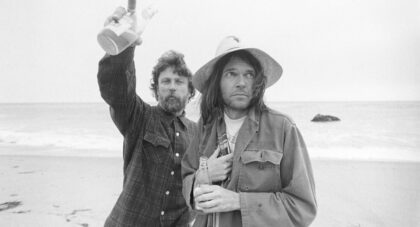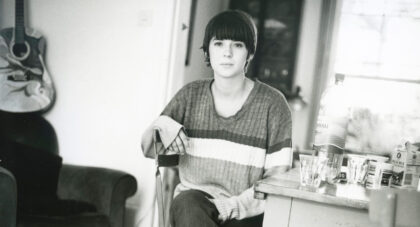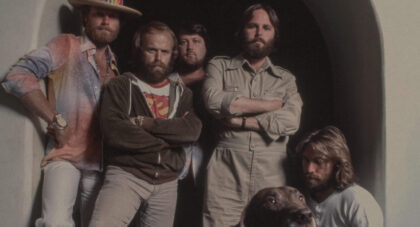The return of Arab Strap. A few weeks before the album's release date, Aidan Moffat shared his thoughts on the reunion, long-term relationships, the utility of nostalgia and the hope for at least enough normal to return so that Arab Strap can tour again . . .
Only the good shit. Aquarium Drunkard is powered by its patrons. Keep the servers humming and help us continue doing it by pledging your support.
To continue reading, become a member or log in.


